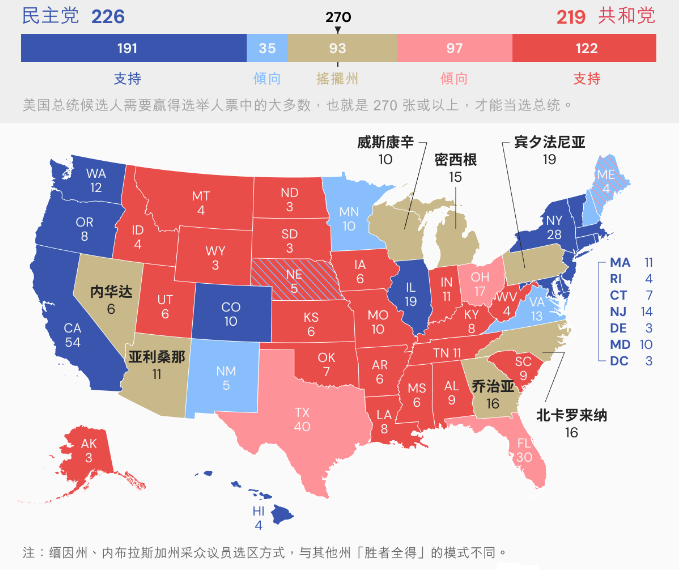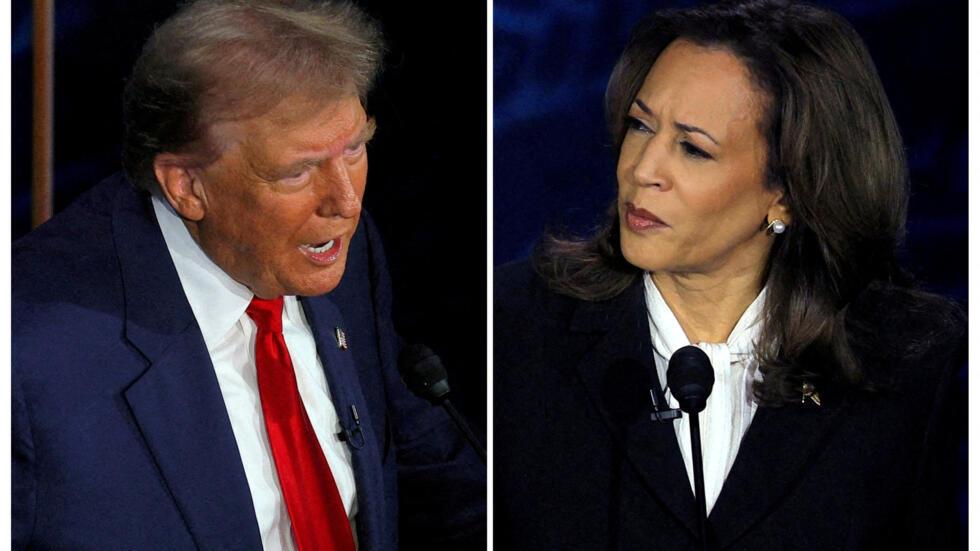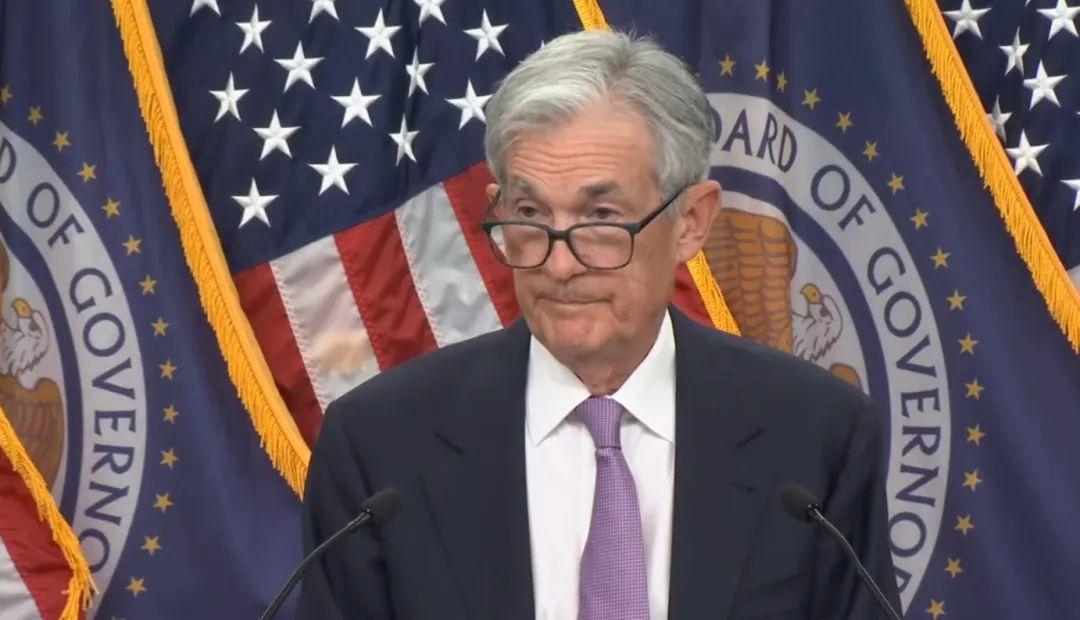On November 6 at 08:00 (Singapore time), the popular ballots from various states across the United States were gradually announced, marking the intensification of the 2024 U.S. presidential election. According to the system arrangement, the candidate who receives the majority of the popular votes will win all of the state's electoral votes. This "winner-takes-all" rule is implemented nationwide, with the exceptions of Nebraska and Maine, where some electoral votes are allocated by congressional district. This election, described as "the most evenly matched of the century," not only tests the endurance of the candidates but also reveals the deep divisions in American politics and society.
In the U.S. electoral system, the 538 electoral votes are key to determining the presidency. According to current election forecasts, Harris is expected to receive 226 electoral votes, while Trump is projected to receive 219. The remaining 93 electoral votes have become the focal point of contention for both sides, especially in key swing states such as Michigan, Pennsylvania, Wisconsin, Arizona, Georgia, Nevada, and North Carolina. The fierce clashes between Vice President Harris and former President Trump in these critical swing states add more uncertainty to the election battle.

Image source: Internet
Pennsylvania, with its 19 electoral votes, ranks first among swing states, underscoring its importance. The tight race has raised concerns among many election experts; if a tie of 269 votes to 269 occurs, the House of Representatives will elect the president, while the Senate will elect the vice president, according to the U.S. Constitution. However, since the election processes for both are independent, this mechanism could result in the president and vice president coming from different parties, complicating political operations.
Historically, the U.S. faced the dilemma of an election tie in 1800, which prompted revisions to the election rules. The year 1824 marked the first and only time the House of Representatives elected a president through voting. This historical context adds a dramatic element to the potential constitutional crisis that could occur in 2024.
French media pointed out that the final clashes between Harris and Trump in key swing states are exceptionally intense, but the election results are more unpredictable than ever. The tightness of the race has led election experts to warn that results may take hours or even days to be announced, especially in some states where recounts may occur.
The intensity of the election battle also reflects the reality of political polarization and social division in the United States. Voters express anger towards a government that fails to serve them at the most basic level. A poll by The New York Times shows that over 60% of respondents believe the government primarily serves its own interests and those of the elite, rather than the public interest. This dissatisfaction undoubtedly influences voters' tendencies.

Image source: Internet
Additionally, while Trump and Harris actively campaign for votes, they have also intensified their mutual attacks. This campaign strategy not only highlights the differences in policies and ideologies between the two but also exacerbates the divisions within American society.
The 2024 U.S. presidential election is not just a political contest; it is a severe test of the American democratic system. As the election situation gradually clarifies, who will ultimately win this tight race has become a focal point of global attention.
Download the AICoin app for more information: https://www.aicoin.com/zh-Hans/download
免责声明:本文章仅代表作者个人观点,不代表本平台的立场和观点。本文章仅供信息分享,不构成对任何人的任何投资建议。用户与作者之间的任何争议,与本平台无关。如网页中刊载的文章或图片涉及侵权,请提供相关的权利证明和身份证明发送邮件到support@aicoin.com,本平台相关工作人员将会进行核查。




